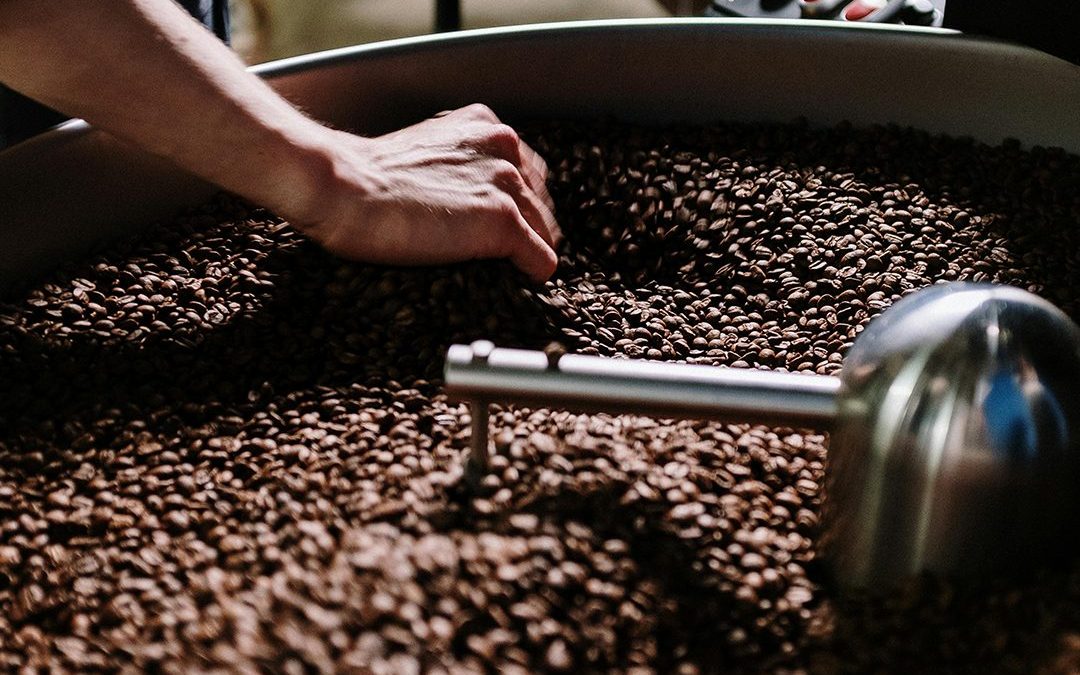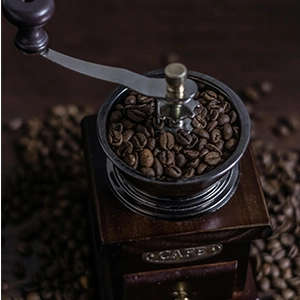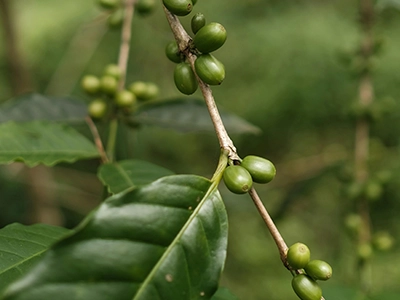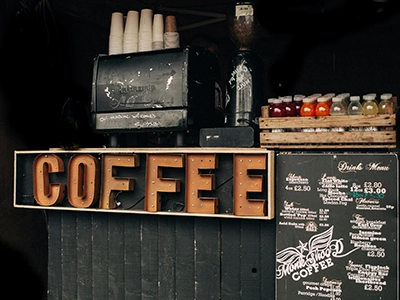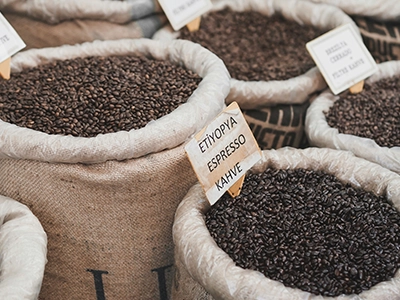Understanding Coffee Roasting: Light, Medium, Dark, and Specialty Roasts
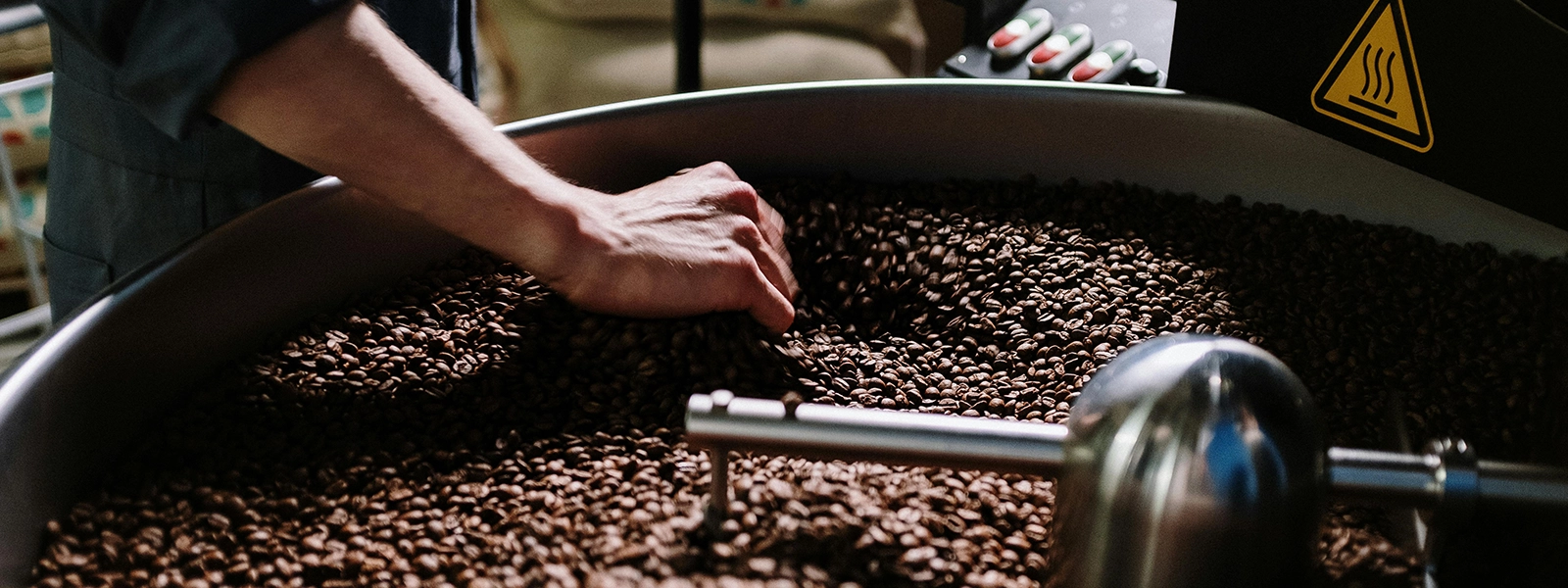
Coffee roasting is an art, a science, and for many of us, pure magic. Every roast is special, and it’s not just about flavor. Coffee roasts—from light to dark, with specialty roasts like French and Italian—not only taste different but for the aficionado require particular coffee beans, grind levels, and brewing methods.
Curious about what makes them stand apart? We’ll break it down in our post below, one roast at a time.
Light, Medium, and Dark Roasts: The Basics of Coffee Roasting
When we talk about coffee roasts, we’re referring to how long the beans are exposed to heat and the temperature they reach during the roasting process. These factors impact everything from flavor to caffeine content.
Light Coffee Roast
-
Temperature: Typically reaches between 356°F to 401°F (180°C to 205°C). Roasting ends right before the “first crack,” which is reached when a popping sound signals that the bean’s internal structure is breaking down due to heat.
(The “cracks” happen because the coffee bean has expanded and its moisture has begun to evaporate. This moisture forms steam, and then pressure, that forces the beans to crack open) -
Roast Time: Around 7 to 9 minutes.
-
Flavor Profile: Light roasts retain most of the beans’ original flavor notes, often tasting bright, fruity, or floral. These are ideal for showcasing the uniqueness of single-origin beans. A light roast will preserve the unique characteristics of the coffee bean.
-
Best Coffee Beans for Light Coffee Roasting: Opt for high-quality, single-origin beans from regions like Ethiopia or Kenya, known for their vibrant flavors.
-
Grind Level: A medium-fine grind works well for light roasts, as it allows proper extraction of the coffee flavors without over-extracting subtle flavors of the beans.
-
Suggested Coffee Brewing Methods: Pour-over (like a Chemex or Hario V60) or AeroPress are excellent at highlighting the coffee bean’s complexity, unique flavors, and lighter body.
Medium Roasted Coffee
-
Temperature: Reaches between 410°F and 428°F (210°C to 220°C), usually right before or during the second crack of the coffee bean.
-
Roast Time: Typically 9 to 11 minutes.
-
Flavor Profile: Balanced with a mix of original bean flavors and slight caramelization from the roast. Think nutty, chocolatey, and sometimes spicy notes. Medium acidity and body, and a well-rounded flavor profile.
-
Best Beans: Beans from Central and South America, like Colombia or Guatemala, pair wonderfully with a medium roast because they offer both a full-bodied flavor and typically preserve the coffee bean’s flavor.
-
Grind Level: A medium grind is often the sweet spot for medium roasts, ensuring proper extraction of the coffee flavor and balance.
-
Suggested Brewing Methods: Drip coffee makers and French Press are perfect for medium roasts, giving you a smooth and full-bodied cup of coffee.
Dark Coffee Roast
-
Temperature: Roasted to around 437°F to 482°F (225°C to 250°C), where oils often emerge on the bean surface. This happens well into or even past the second crack.
-
Roast Time: Around 11 to13 minutes.
-
Flavor Profile: Dark roasts feature bold, smoky, and often bittersweet flavors. The original bean characteristics take a backseat to the roasted, caramelized notes that occur from the dark roast.
-
Best Coffee Beans for Dark Roast: Durable, lower-acidity beans like those from Brazil or Indonesia hold up better under high heat and long roasting.
-
Grind Level: Use a coarse grind for brewing, as finer grinds can extract too much of the roasted bitterness during the brewing process.
-
Suggested Coffee Brewing Methods: Espresso machines bring out the boldness and strong flavors of dark roasts. Alternatively, try moka pots or cold brew for a bold but smooth flavor.
Specialty Roasts: French and Italian
French and Italian roasts fall under the dark roast umbrella but push their bold coffee flavors to the extreme.
French Roast
-
Temperature: Typically between 464°F and 482°F (240°C to 250°C).
-
Flavor Profile: This roast is rich, smoky, and sometimes even charred. It’s a go-to for those who love intensity and low-acidity coffee, but if you live strong, bold flavors, French Roasts are a good choice.
-
Best Coffee Bean Pairing: Indonesian beans with robust flavor characteristics withstand the intense roast process.
-
Grind Level and Brewing Method: Use a medium-coarse to coarse grind and opt for a French press or percolator.
Italian Roast
-
Temperature: Hits the high end of the spectrum, often exceeding 482°F (250°C).
-
Flavor Profile: Italian roasts are darker and more intense than French roasts, with a pronounced smokiness and almost no acidity.
-
Best Coffee Bean Pairing: A very fine grind, paired with an espresso machine, allows for the full-bodied richness that Italian roasts are known for.
-
Grind Level and Brewing Method: A very fine grind, paired with an espresso machine, allows for the full-bodied richness that Italian roasts are known for.
Brewing and Roasting Harmony
-
Light and medium roasts work best with methods that highlight the flavors of the coffee beans, while dark and specialty roasts excel in techniques that amplify body and boldness brought out during the roasting process.
-
Matching the right coffee bean grind with the proper brewing method will make the difference between a bland cup of coffee and a rich, full-bodied coffee.

